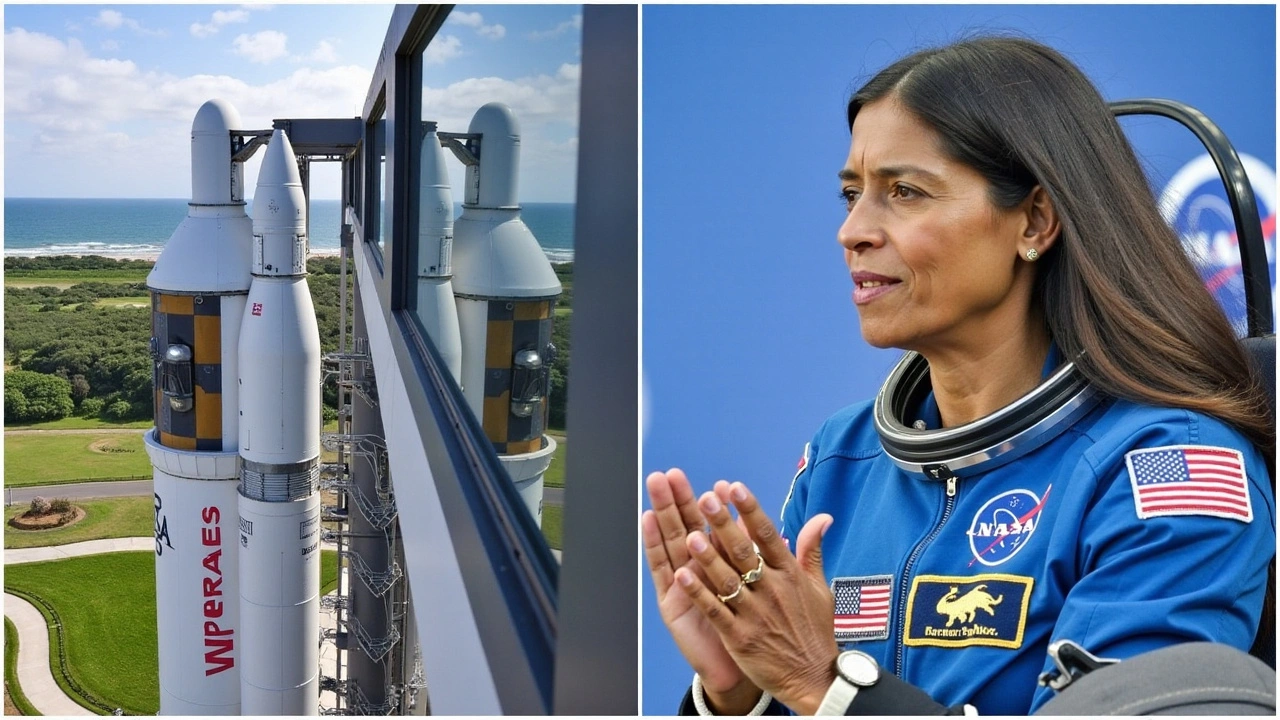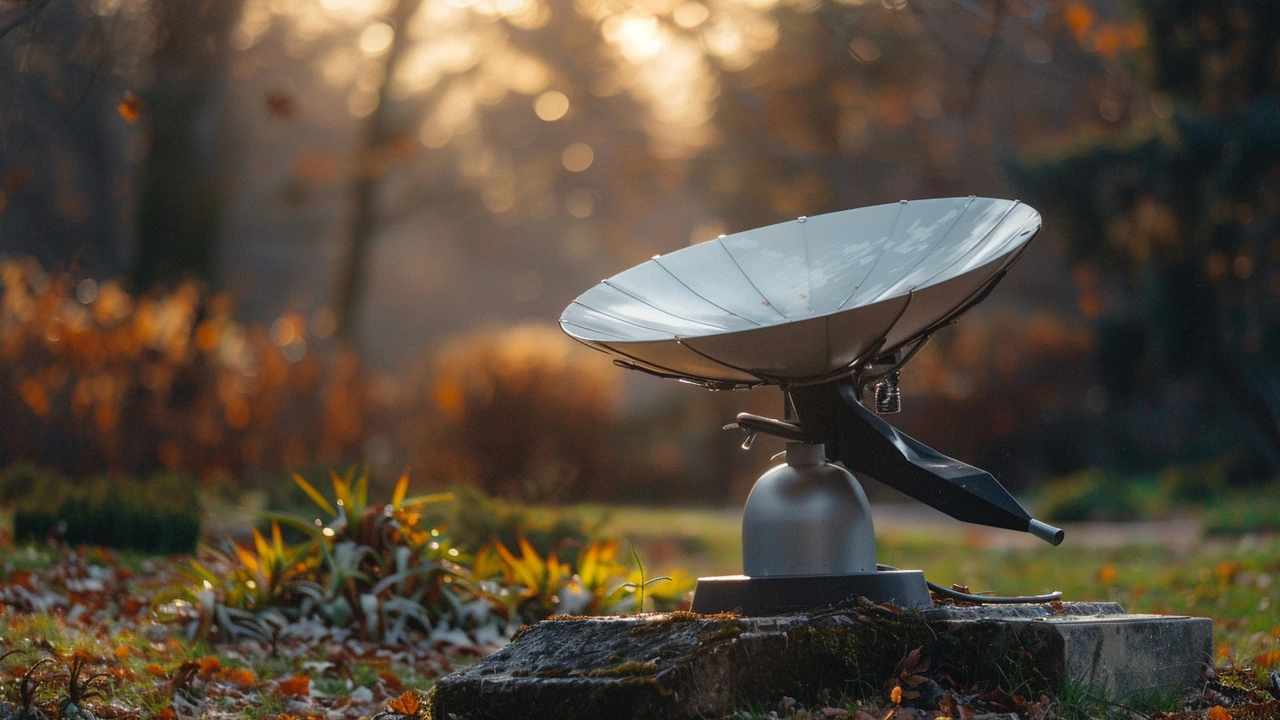SpaceX: What Africans Should Know About Launches, Starlink and Jobs
SpaceX is changing space travel and internet access fast. If you live in Africa, this matters — from cheaper launches to Starlink internet that can reach remote towns. This page gathers what you need to know: how to follow launches, where Starlink is available, business chances, and how to spot real news from rumors.
Want to watch a launch? Most SpaceX launches stream live on YouTube and the company's website. Pick a launch schedule and set a reminder — launches move or scrub at short notice. For African viewers, time zones matter: check local time converters and follow official SpaceX channels or credible local broadcasters that carry the feed.
Is Starlink available where you live? SpaceX updates its coverage map regularly. Starlink offers high-speed internet via satellites and can be a game changer in areas with poor fixed-line service. Contact local telecom regulators or the Starlink site to check availability and pricing. Note: hardware costs and import rules vary by country, so factor customs and local support into your plan.
What about jobs and business? SpaceX itself hires engineers, technicians, and support staff mostly at its US sites. But Africa benefits indirectly: satellite services, telecom partnerships, ground station construction, and startup opportunities. If you want to work in the space field, focus on skills in telecommunications, software, satellite operations, and project management. Online courses and local university programs can help you get started.
Regulation and policy matter. Governments decide how Starlink and other services operate. Expect regulators to weigh licensing, national security, and universal service goals. If you follow policy news, watch announcements from your telecom regulator and ministries of communication. Local rules can affect price, access, and whether companies can set up ground stations.
How to separate real news from hype? Follow multiple sources. Official SpaceX channels, major global outlets, and reputable African tech reporters give reliable updates. Avoid social posts that lack timestamps or links. When a story affects your country — such as a local Starlink deployment or government talks — look for official statements from regulators or the company.
Safety and environment: launches and satellite constellations raise questions about space debris and light pollution. SpaceX publishes data on orbiting satellites and works with space agencies on mitigation, but citizens should watch for local environmental reviews if ground stations or launch facilities appear nearby.
Want practical tips right now? 1) Subscribe to SpaceX on YouTube and enable reminders. 2) Check the Starlink coverage map and local regulator sites. 3) Build skills in comms, coding, or satellite ops if you want space-sector work. 4) Join local tech groups and online communities to track deployments and jobs.
If you want coverage of specific SpaceX stories affecting Africa, bookmark this tag and check back. We'll link official updates, explain how events affect local markets, and share practical steps for readers who want to benefit from the space economy.
Have questions or tips? Email our newsroom or follow the Africa Daily Dispatch tech desk on Twitter for fast updates and local context. We also publish explainers and how-tos regularly.
SpaceX Crew-9's Historic Launch: Rescuing Astronauts from Extended ISS Mission
SpaceX's Crew-9 mission embarked on a critical rescue operation to bring back two NASA astronauts stuck at the ISS due to technical troubles with Boeing's Starliner. Setbacks and delays turned a brief mission into an eight-month ordeal, during which Sunita Williams took command of the ISS. The launch also marked SpaceX’s first astronaut mission from Launch Complex 40 at Cape Canaveral.
SpaceX Starlink Internet Price Adjustment Reflects Increased Demand in the US
SpaceX has raised the subscription cost of its Starlink satellite internet for specific U.S. customers due to a shift from 'excess' to 'limited capacity'. The move, which adjusts the fee from $90 to $120 starting June 10, demonstrates Starlink's resilience in the competitive market, despite some users canceling their subscriptions in protest.

